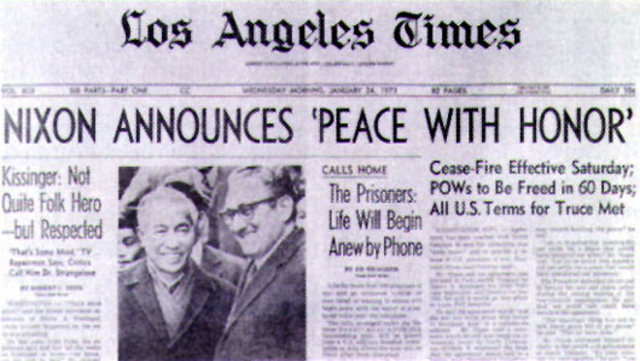
The passage of 1791-S.PL acknowledges that the battle for a second airport process (known as the CACC) is lost. But, let’s pretend it’s not.
However, if previous efforts (such as the Flight Plan Study of 1989) are any indication, HB-1791 will not only result in years of delay, it will actually work to accelerate the pace of growth of Sea-Tac Airport.
Adding even more unnecessary suffering, outgoing Governor Inslee leaves the field by issuing a 1Veto Letter which basically guts the entire bill.
His rationale for removing all of Section 3 (the areas to be considered for siting a new airport!) was supposedly to exclude Sea-Tac Airport from further expansion? Nice sentiment. However, it is insincere, coming after the Port and WSDOT are already in the midst of the two major expansions of our generation: the Sustainable Airport Master Plan and SR-509. In other words, his veto is an attempt to close the gate after the jets have left the hangar.
No, thank you.
As we have said all along, one main reason opposition has been so uniform and so relentless from other cities is because those residents are fully aware of how poorly Sea-Tac community members have been treated over the decades. By shortchanging our residents for so many years in order to save a few bucks, Washington State has permanently boxed us in as the only practical option for suffering through even more future growth.
And no choice
Additionally, the region has consciously avoided building out reasonable alternatives like rail. This bad policy is strategic and has been subsidised at every level of government and by every stakeholder.
- Governor Inslee is on record as saying that the airport is simply too important to the State’s economy to be constrained in any way. And in every piece of climate legislation he has proposed, he has explicitly exempted both Marine and Aviation fuels–not coincidentally, the two main businesses of the Port of Seattle. “That should challenge us to get to electric planes even faster!”
- Passenger airlines and passengers have both become addicted to heavily subsidised flights. Savvy commuters who can get a $50 flight from Boise to Seattle with their frequent flyer miles have no rational reason to support less convenient alternatives.
- Cargo companies have spent years developing their logistic networks, so they also have been given no reason to do so. It’s simply more convenient to continue to attempt to build out Sea-Tac.
- Many local governments, from Kent to Redmond–and even homebase SeaTac, greatly enjoy the monetary benefits that derive from Sea-Tac Airport. As fellow municipalities, they may be sympathetic to the various harms, but their ultimate fiduciary duty is to their constituents. (Other fence line governments do not obtain any meaningful benefits, but have also gone along for various reasons involving false promises of “jobs and growth!”
- The FAA’s concern is “safety and efficiency.” Sea-Tac is a known quantity. On both counts.
- The current SEPA and NEPA processes are so broken, they will only act to encourage the growth of Sea-Tac. The mitigations and permitted uses for any new property will only incentivize a large number of carriers to stick with Sea-Tac.
- The notion of Sea-Tac Airport ‘reaching capacity’ is a sixty year old lie that never seems to go out of fashion. At every turn of the road, whenever residents claimed that “they’ve run out of room!”, the FAA and Port of Seattle has always found a way to confound those expectations. They’re doing it right now with technologies like NextGen and building projects like the SAMP.
- Communities have been in a state of mass denialism, focusing almost entirely on NIMBYism (“make the planes go somewhere else!”), rather than attempting to negotiate within the immediate set of possibilities.
People can say whatever they want. But none of the above stakeholders have ever provided rational incentives or alternatives to Sea-Tac.
Residents have never accepted that reality and thus no government has felt any pressure whatsoever, to do more to make life more livable under our flight path. Instead, most local officials have tried to convince residents that false trickle down economics are the best (and only) possible substitute for actual mitigations.
Therefore, in the second half of the biennium, the Legislature should revisit HB-1791 and require ongoing compensation for communities near Sea-Tac Airport–as was originally envisioned in the Sea-Tac Communities Plan of 1976.
Build a second airport. Don’t build a second airport. For us, it was always going to turn out to be just another misdirection; a way to keep residents near Sea-Tac from getting any of the help they could have had all along.
1In Washington State, the Governor can veto individual line items on most bills.